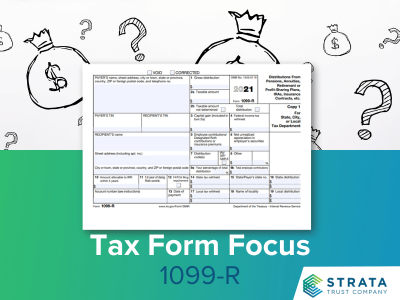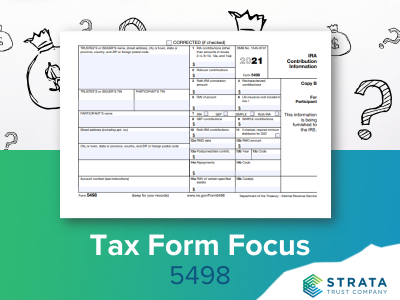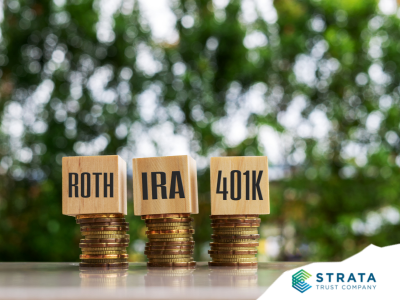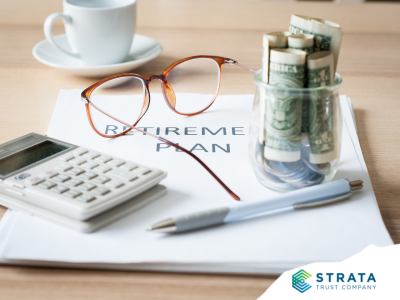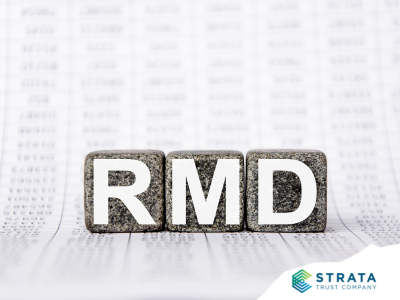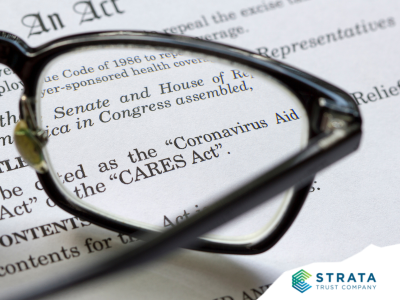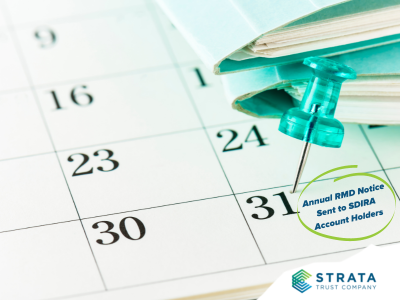As a business owner, you can sponsor a retirement plan that can help you and your employees save for the future — without having to deal with the administrative and financial burden of a full-blown 401(k) plan. These three types of retirement plans are designed for owner-only businesses and small employers: SEP plan, SIMPLE IRA plan, and Individual 401(k) plan. All three options are easy to establish and administer and are generally inexpensive to maintain. You can take a tax deduction for your contributions to the plan, and you may be eligible for a tax credit for start-up expenses. You can also invest your plan assets in alternative investments. Each type of plan has its own features and requirements—it’s important to understand these differences so you can select the type of plan best suited for your business and your employees.
Simplified Employee Pension (SEP) Plan

A SEP plan is like a profit-sharing plan in that the business makes contributions to the plan on behalf of the owner and any employees. All SEP plan contributions are deposited into an employee’s Traditional IRA. Contributions are not required every year. When you do choose to contribute, the amount may vary from year to year. This feature gives business owners flexibility, making SEP plans particularly well-suited for start-up companies or other businesses with significant fluctuations in profits. Any type of business entity can maintain a SEP plan, including sole proprietors, partnerships, corporations, non-profit organizations, and state and local governmental entities. SEP plans need little oversight or administration, and the plan document can be completed in a matter of minutes.
Savings Incentive Match Plan for Employees (SIMPLE) IRA Plan

A SIMPLE IRA plan is a like a 401(k) plan in that employees may elect to defer a portion of their pre-tax salary into the plan and the business makes tax-deductible matching or profit sharing-type contributions. All plan contributions are made to SIMPLE IRAs. Any type of business or governmental entity may have a SIMPLE IRA plan, as long as the business does not have more than 100 employees who earned more than $5,000 in the preceding year. SIMPLE IRA plans are easier for employers to administer and maintain than a 401(k) plan. In exchange for this administrative simplicity, SIMPLE IRA plans have lower contribution limits than 401(k) plans and require the employer to contribute to the plan each year. A SIMPLE IRA plan can be ideal for small employers that want to provide a guaranteed but affordable benefit, while allowing their employees to contribute to the plan too.
Individual 401(k) Plan

Business owners who do not have any employees may establish an individual 401(k) plan for themselves and other owners of the business, including spouses and partners in a partnership. The salary deferral and profit-sharing contribution limits are the same as for a regular 401(k) plan, but with fewer administrative requirements due to the lack of employees. An annual plan report must be filed with the IRS when plan assets exceed $250,000, and are held in a plan trust.
2022 Retirement Plan Comparison
Below is a list of plan features, contribution limits, and other considerations you’ll need to know to help you compare your plan options.
SEP Plan |
SIMPLE IRA Plan |
Individual 401(k) Plan |
|
| Maximum Employee Contribution (2022) | N/A |
100% of compensation up to $14,000 (plus $3,000 catch-up contributions if age 50 or older) *Pre-tax deferrals reduce employee taxable income |
100% of compensation up to $20,500 (plus $6,500 catch-up contributions if age 50 or older) *Pre-tax deferrals reduce employee taxable income; Roth deferrals are after tax |
| Maximum Deductible Employer Contribution (2022) | Lesser of 25% of compensation up to $61,000 | 3% matching contribution or 2% non-elective contribution | Up to 25% of compensation |
| Contribution Rules/Requirements | Discretionary employer contribution, generally must contribute uniform percentage for all eligible employees | Employer contribution required each year, may reduce matching contribution to as low as 1% for 2 years out of a 5-year period | Discretionary contributions, total contributions can’t exceed the lesser of 100% of compensation or $61,000, plus catch-up contributions |
| Maximum Employee Eligibility Requirement |
Age 21, Worked for employer in 3 of last 5 years, Earned at least $650 in current year |
Earned $5,000 or more in at least 2 years | N/A |
| Plan Establishment Deadline | Tax-filing deadline, including extensions, for year the plan is effective | By October 1 of the year the plan is effective |
Tax-filing deadline, including extensions, for year the plan is effective *Deferral election must be made by last day of plan year |
| Distribution Restrictions | Distributions available at any time | Distributions available at any time | Distributions may be taken after plan termination, age 52½, severance from employment, disability, or death; loans and hardship distributions may be permitted |
| Distribution Taxation | Taxable and subject to 10% early distribution tax before age 59½ | Taxable and subject to 25% early distribution tax for first 2 years, 10% thereafter, before age 59½ | Taxable, except Roth contributions, and subject to 10% early distribution tax before age 59½ |
Fore more information on business retirement plans, please visit our self-directed IRA page to compare and contrast Traditional, Roth, SEP, and SIMPLE options. If you are looking to open a new account or learn more about self-directed IRAs talk to one of STRATA’s self-directed IRA experts today.

